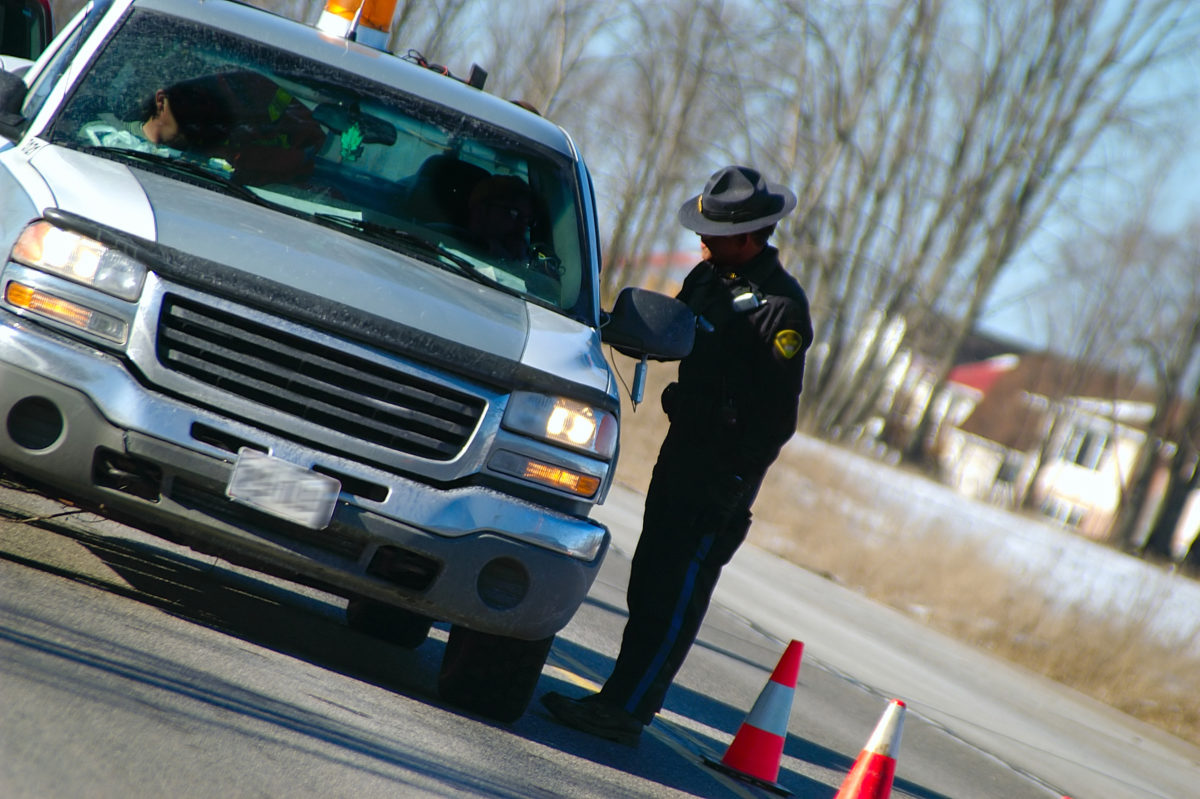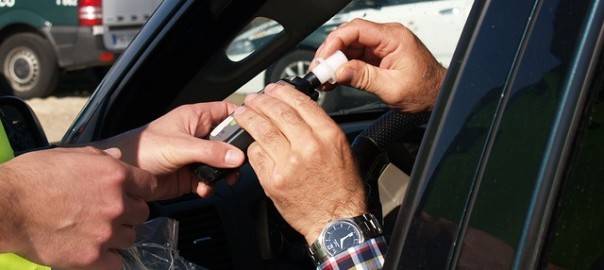While some medical conditions may make it more difficult for you to drive safely, this does not mean that you will automatically lose your driving privileges. If you are diagnosed with a medical condition that could impair your ability to drive, you should notify the Department of Motor Vehicles (DMV). Additionally, if your driver’s license has been suspended due to a medical condition, contact our attorneys at Wallin & Klarich to see how we can help. Continue reading to learn more about what medical conditions can affect driving and how the DMV evaluates your driving privileges.
Medical Conditions That May Affect Driving
Under California Vehicle Code Section 12806, the DMV may suspend a person’s driver’s license for a medical condition if that condition affects the person’s ability to drive safely. According to the DMV website, these conditions include:
- Dementia
- Diabetes
- Lapse of consciousness disorders such as epilepsy
- Visual conditions such as cataracts
Doctors are required by law to report drivers’ medical conditions to the DMV. However, it is important to note that drivers cannot lose their driving privileges solely because they have one of these conditions. Rather, the DMV only restricts driving privileges when a medical condition prevents the driver from driving safely.
DMV Evaluation Guidelines
The DMV uses the following statutes to evaluate when a condition impairs an individual’s ability to drive safely:
- VC Sections 12806 and 12809 – Authorize DMV to refuse to issue or renew a driver’s license to someone who cannot safely operate a motor vehicle due to physical or mental conditions
- VC Section 12814 – Authorizes DMV to administer certain tests and perform a reexamination of drivers upon license renewal
- VC Section 12818 – Authorizes priority reexamination of a driver for physical or mental conditions which impair driving ability
- VC Section 13359 – Authorizes DMV to suspend or revoke driver’s license on any grounds pertaining to refusal of driver’s license
- VC Section 13800 – Authorizes DMV to make an investigation and perform a reexamination of a driver
- VC Section 13953 – Authorizes immediate suspension or revocation of driver’s license
DMV Reexamination Hearing
Generally, the DMV must schedule a hearing first to assess whether a driver’s license should be revoked due to medical conditions. However, if the DMV believes that the driver poses an immediate risk to safety, the DMV is not required to hold a hearing before suspending the driver’s license. When a driver receives notice of license suspension or revocation, the driver must request a hearing within 10 days.
The hearing will provide the driver with an opportunity to dispute the DMV’s evidence or provide new medical evidence to show that the license should not be suspended. During a reexamination hearing, the DMV may ask the driver questions about his/her driving history, hear from the driver’s physician, and have the driver take a written, visual, and/or driving skills test. The DMV will then consider factors such as physical ability, sensory functions, mental capabilities, and medical history in order to determine the final outcome.
Contact Wallin & Klarich Today
Many people do not know that you have the right to be represented by a lawyer at a DMV reexamination hearing. Being represented by a skilled defense attorney can greatly improve your chances of passing your DMV reexamination. If you are at risk of losing your driving privileges, contact Wallin & Klarich as soon as possible to see how we can help. With 40+ years of experience, our attorneys have successfully helped thousands of clients with their DMV cases, and we have the skills and resources to help you preserve your driving privileges.
With offices in Orange County, Riverside, San Bernardino, Victorville, Torrance, West Covina, Los Angeles, and San Diego, you are sure to find an available and convenient attorney near you.
Discover how our team can assist you. Contact us today, toll-free at (877) 4-NO-JAIL or (877) 466-5245 for a free consultation with a skilled defense attorney.


